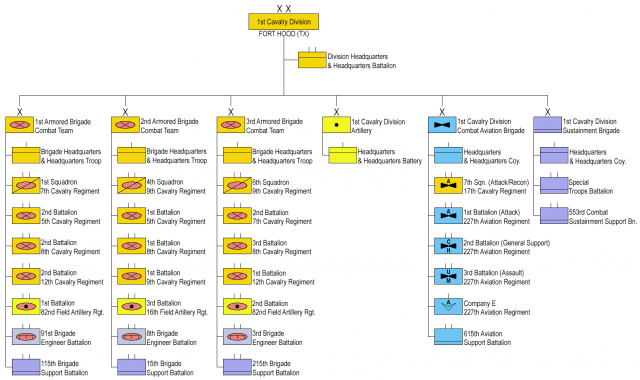For the development of the company, it is not enough to gather a group of professionals. It is important and competently organize the interaction between them. Michael Armstrong, former chief examiner for the CIPD, Europe’s largest professional association for HR professionals, and his book Managing People will help any leader do just that.
The AST publishing house published the work in Russian. Lifehacker publishes an excerpt from the sixth chapter.
There is no single standard for assessing organizational structure. There are no perfect organizations, just as there is no one right way to get a company running. The choice of organizational structure is due to various principles. However, if you need to create or revise the structure of an organization, you can use the rules below. They are not the ultimate truth, but they should be taken into account and applied, making an adjustment for the requirements of the circumstances.
Distribution of responsibilities – it is necessary to specify tasks and distribute them between teams, project groups and individual employees. Similar activities should be grouped.
Differentiation and integration – it is necessary to distinguish different types of activities in the workflow and at the same time make sure that they are interconnected. Then each member of the team will work to achieve the same goals .
Teamwork – setting goals and assigning roles should emphasize the importance of teamwork. It is vital to highlight the perspectives in which participation is the key to victory. In case conceivable, gather self-managing groups in charge of arranging, budgeting, and quality control.Encourage free and informal communication between employees. Informal processes can be more productive than strict regulation.
Flexibility – the structure must be flexible enough to quickly adapt to changes, new tasks and conditions of uncertainty. At the managerial level, it is necessary to adopt a “collegiate” approach to work, in which employees have common responsibilities and must overcome difficulties together.
Everybody has their claim part – representatives must clearly get it what part they play within the group.They must know what part of the workflow they are responsible for and be able to apply their skills to achieve their goals. The essence of this or that role should reflect the field of activity of the employee. Be careful not to let roles become straitjackets that overly restrict initiative and responsibilities. It is not necessary to make detailed lists of duties , which indicate each task. They limit authority, do not promote flexibility, and are presented to employees as exhaustive, leading to responses such as “this is not part of my job description.”
Decentralization – the right to make decisions must be delegated to those employees who are directly affected by these decisions.
Fighting Layering – Too many layers leads to informal hierarchies and negatively affects communication and flexibility.
Zone of control – one manager can control a limited number of employees, although their number depends on the type of work and the individual characteristics of team members. In fact, you can successfully work with a lot more people than you originally thought if you delegate more often and organize teamwork well.
One-over-the-other relationships— situations in which one manager controls another manager who in turn controls a group of people—are confusing. In a one-on-one relationship, it is not clear who is in charge and how responsibilities are divided.
Everyone has only one boss – ideally, employees should report to one leader so as not to lose direction in their work. An exception to this rule is a situation in which an employee reports directly to the manager, and functionally – to the one who is responsible for performing a certain function, maintains standards and implements corporate policy.In such cases, it is vital to clearly characterize how useful duty is executed and where its boundaries lie.For their work in a unit or team, employees are usually accountable to their immediate supervisors.
Becoming a good leader is hard. After all, for this you need to be not just a great specialist in your field, but also a strategist, a psychologist. When and how to delegate responsibilities, how to motivate colleagues and evaluate them competently, how to resolve conflicts – the answers to these and many other questions await you in Michael Armstrong’s book. In addition, the author offers more than 15 exercises that will help you consolidate your new knowledge.
Dua for studying. At your doorstep.






